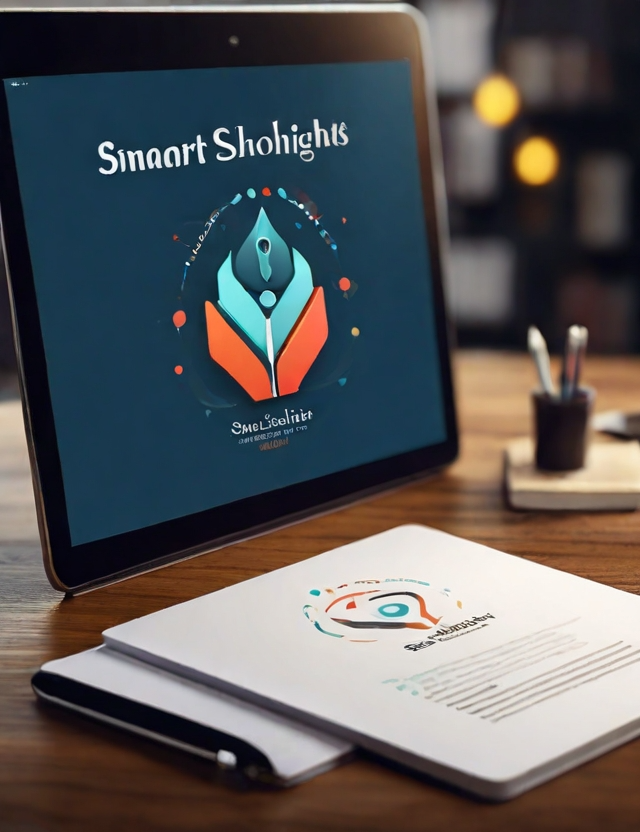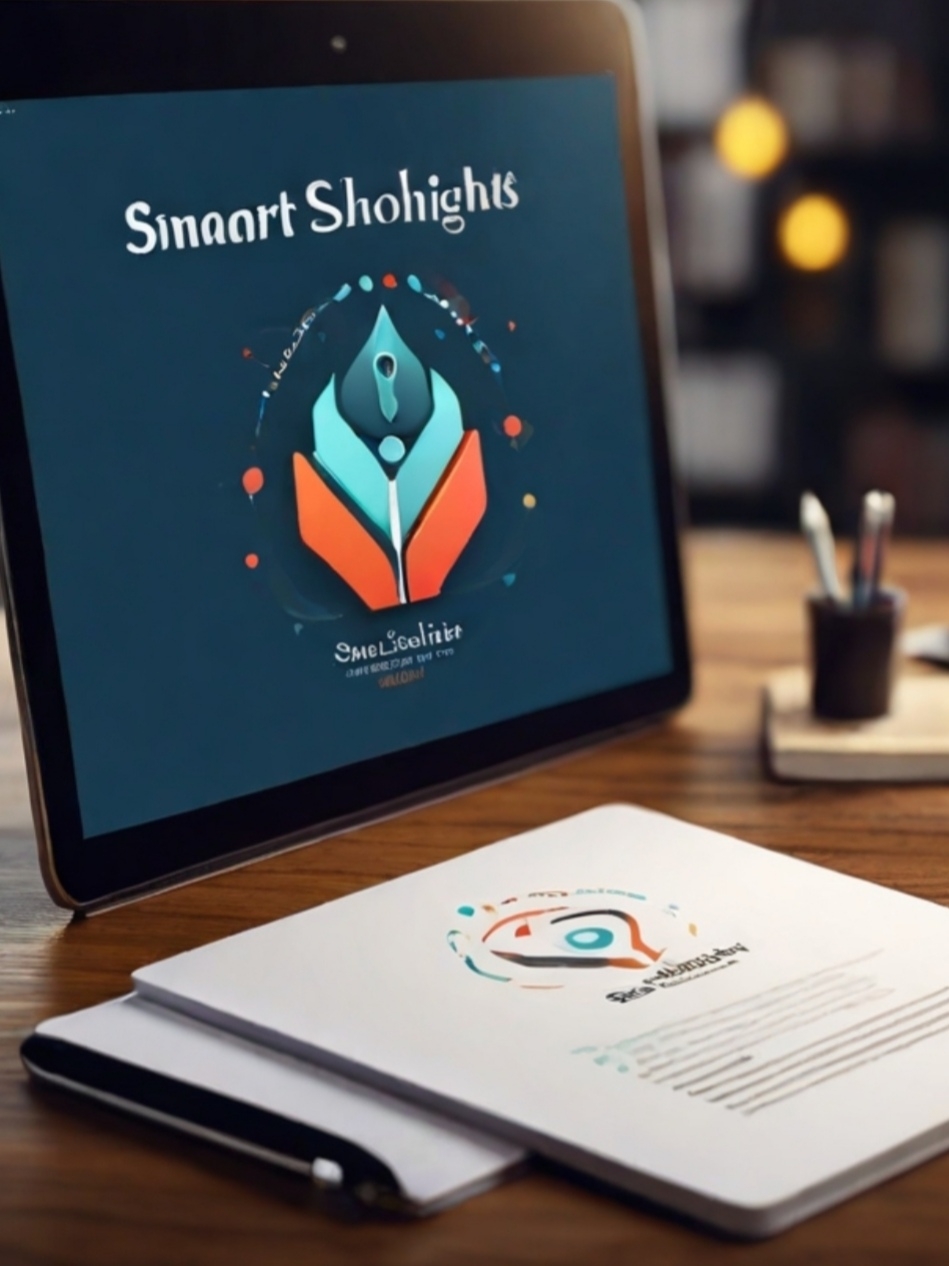Crafting a Path to Academic Excellence: Embracing Effective Study Techniques
In the pursuit of academic excellence, students often encounter a multitude of challenges that demand both dedication and strategic study habits. However, with the implementation of effective study techniques, students can navigate these challenges with confidence and achieve remarkable academic success. In this essay, we will explore the significance of effective study techniques and examine a range of strategies that can empower students to excel in their educational journey.
At the heart of effective studying lies the principle of active engagement with the material. Active learning entails dynamic interactions with the content, such as summarization, questioning, and problem-solving. By actively participating in the learning process, students deepen their understanding and develop critical thinking skills essential for academic achievement.
One of the most potent study techniques is spaced repetition, which leverages the spacing effect to enhance memory retention. By spacing out study sessions over increasing intervals of time, students reinforce their understanding of key concepts and mitigate the risk of forgetting. This technique is particularly beneficial for long-term retention, making it invaluable for mastering complex subjects and preparing for assessments.
Furthermore, retrieval practice is a powerful tool for strengthening learning outcomes. Retrieval practice involves actively recalling information from memory through methods such as self-quizzing, flashcards, or practice tests. By engaging in retrieval practice, students reinforce memory retrieval pathways, making it easier to recall information when needed. Moreover, retrieval practice fosters metacognitive awareness, enabling students to assess their understanding and identify areas requiring further review.
Effective note-taking is another essential study technique that facilitates the synthesis and retention of information. Whether through traditional handwritten notes or digital platforms, organized note-taking fosters comprehension and serves as a valuable reference during revision. Techniques like the Cornell method or concept mapping encourage active engagement with the material, fostering deeper understanding and retention.
Moreover, creating an optimal study environment is critical for maximizing learning outcomes. Minimizing distractions, establishing a designated study space, and adhering to a structured study schedule foster concentration and productivity. Incorporating breaks, maintaining physical well-being, and practicing stress management techniques are equally vital for sustaining focus and cognitive function during study sessions.
In conclusion, effective study techniques are the foundation of academic success. By embracing active learning, incorporating spaced repetition and retrieval practice, taking organized notes, and cultivating a conducive study environment, students can enhance their comprehension, retention, and application of knowledge. Furthermore, maintaining a growth mindset and persevering through challenges are essential for realizing one's full academic potential. Through consistent practice and the deliberate application of effective study techniques, students can embark on a transformative journey toward academic excellence and personal growth.


Comments
Post a Comment